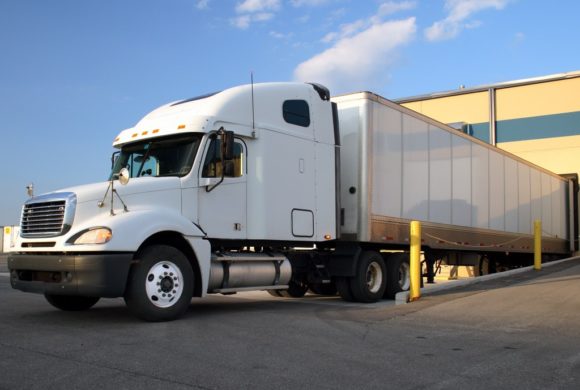Recently, Tennessee was named the best state to own a small trucking company, in part because of its lenient trucking regulations. While federal regulations dictate certain requirements for trucking companies, regulations differ from state to state.
Tennessee Trucking Law
The recent survey that placed Tennessee at the top of the list for best states to own a small trucking business considered several factors, along with regulations, including friendliness to truck drivers and overnight parking fees. Favorable regulations, however are a big reason that truckers flock to Tennessee.
State law regulates much of the trucking industry. For example, no commercial vehicle may weigh more than 80,000 pounds. Trucks may also be no taller than 13 feet, six inches and no wider than 8 feet.
Tennessee law also regulates commercial driver license issuance. Trucking companies must ensure that each of their drivers has a current commercial driver license, along with a valid medical card.
In comparison with regulations in other states, Tennessee’s laws are fairly lax. In California, for example, certain laws that cap emissions and limit driving hours are pushing trucking companies toward states like Tennessee. Carriers in California are required to givea paid 30-minute meal break for every five hours on the clock and a paid 10-minute break for every four hours behind the wheel.
Though Tennessee law accounts for many trucking regulations, federal trucking industry rules trump local requirements, when a conflict arises. These federal laws regulate interstate trucking and determine things like the amount of hours that a trucker can drive before resting and which records must be kept.
Any truck driver or trucking company that violates either Tennessee or federal law may be found liable for any injuries or deaths that they are responsible for.
Truck Accidents and Liability
When a truck driver or the company that they work for does not comply with state or federal regulations, they could be found liable if an accident occurs. In Tennessee, a crash victim must prove that a defendant breached a legal duty for them to be found negligent. Once a victim determines that a driver or company’s negligence caused his or her injuries, they may be eligible to receive compensation. Victims may consult with semi truck accident attorneys to determine if filing a lawsuit is warranted, and if a driver or trucking company violated state or federal trucking laws.

